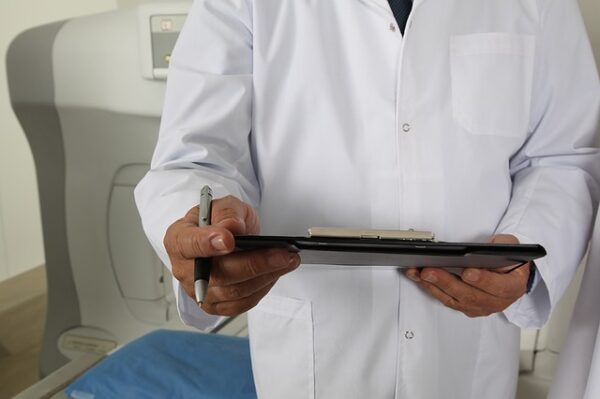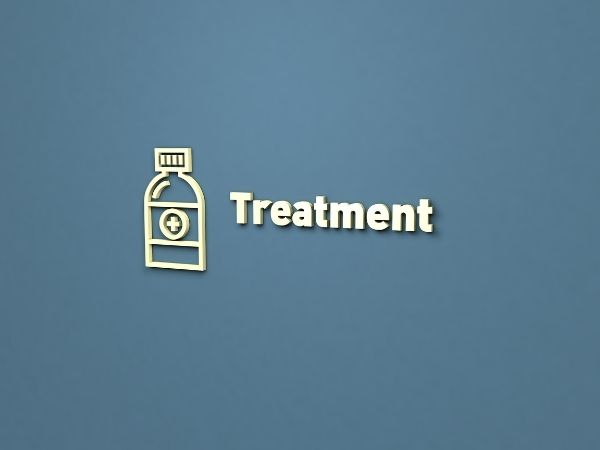There is nothing easy about overcoming substance use disorder (SUD), and those battling the effects of drug and alcohol addiction and its consequences face many challenges. Professional treatment and recovery programs are filled with necessary changes, and navigating these changes while managing symptoms of withdrawal is difficult. Medication-assisted treatment (MAT) is one option available to help alleviate some of these symptoms during one’s recovery journey, and their advantages and effectiveness can be instrumental in navigating one’s complex needs and goals in treatment.
What Is MAT?
MAT is a form of treatment that utilizes specialized, directed medication to address specific symptoms or challenges that one may face throughout their recovery journey. The use of medication in conjunction with other proven therapies and education can create a comprehensive approach to change in one’s life, helping an individual navigate a plethora of challenges while maintaining one’s sober focus. However, the exact medication used, its dosage, and more will all depend on the individual, making it a malleable approach to one’s sober efforts.
MAT can be customized to one’s needs, thus increasing its efficacy, depending on the substance one is recovering from and how it has affected one’s life. However, it is still a treatment modality that demands a professional approach, and trained professionals are necessary to set appropriate expectations and make the most of this transformative approach to one’s recovery.
The Benefits of MAT
MAT presents a number of unique advantages. For some, the use of medication is instrumental in navigating the first few steps of one’s recovery journey, particularly in processing withdrawal symptoms. Helping to alleviate nausea or provide the aid necessary to get a truly restful night’s sleep is crucial for one’s recovery and can make a massive difference for each individual. Others may benefit from being able to address feelings of anxiety, depression, or pains that may plague an individual as their bodies adjust to the sudden cessation of drugs or alcohol.
Overall, MAT can be effective not only for addressing direct symptoms but also helping those in recovery retain their sober focus. Medication can be instrumental in helping each individual see the recovery process through to the next stage, navigating detox or residential care, and increasing the chances of successfully transitioning to further care while preventing relapse.
Others may find that medication can help manage one’s stresses or mental health challenges while still learning effective coping strategies and grounding techniques. One may not have practiced effective strategies for navigating these intense feelings. Medication can provide needed additional support while practicing refines these techniques. This use of medication can promote a healthier emotional state while embracing transformative life changes in one’s developing sober lifestyle.
The Misconceptions of MAT
While the use of medication to address one’s use of addictive substances may seem counterintuitive at first, the kinds of drugs being utilized are entirely different. The medications used throughout MAT do not possess any addictive or euphoric effects and rather are designed to directly address urges and cravings, withdrawal symptoms, and other challenges of the recovery process. However, it is still important to use these medications as prescribed and to record any unforeseen changes or side effects to continue refining one’s approach to their recovery treatment plan. These medications are not designed to “replace” one’s use of addictive substances, but rather support an individual during challenging times while developing an approach that heals the whole self.
Setting Appropriate Expectations
While medication-assisted treatment can provide a number of crucial advantages for those navigating their recovery and sobriety, it is still important to set realistic expectations for its use. There is no medication that will “cure” an individual of addiction, nor will there be any medication that can wholly alleviate the challenges or effort required to overcome any form of substance use disorder (SUD). Additionally, just because a particular medication was effective for another does not necessarily mean that it will be universally appropriate.
Those struggling with alcohol use disorder (AUD) or an addiction to opiates, benzodiazepines, methamphetamines, and more will each have their own challenges. The medications used will be unique to one’s situation, including the substance one is working to recover from.
Medications to address urges and cravings are also not meant to replace other recovery efforts. Rather, they are to help empower an individual to practice their most effective coping strategies. Likewise, the use of MAT does not wholly eliminate the challenges that one may face. One may still have to address feelings of anxiety, depression, urges, aches, and more throughout their recovery journey, even while using medications to address such symptoms. As a result, MAT is never meant to be used in isolation and is not a replacement for other dedicated, proven therapeutic techniques.
Approaching MAT as an additional form of care can be most beneficial when setting one’s expectations for its use.
Medication-assisted treatment is an effective approach to addressing your unique needs and goals throughout your unique recovery journey. However, it is still a personalized strategy, and we at Buena Vista Recovery are prepared to work alongside you to understand your needs, goals, and expectations for medication. We offer a comprehensive approach to your recovery needs, personalizing your time with us through detox, inpatient, and continued outpatient therapy, all while customizing your best recovery practices to build a healthy, sober life. Our approach to your treatment is backed by comfort, community, and education. For more information on how we can personalize your time with us or speak to a caring professional about your needs and concerns, call (480) 741-9414.




